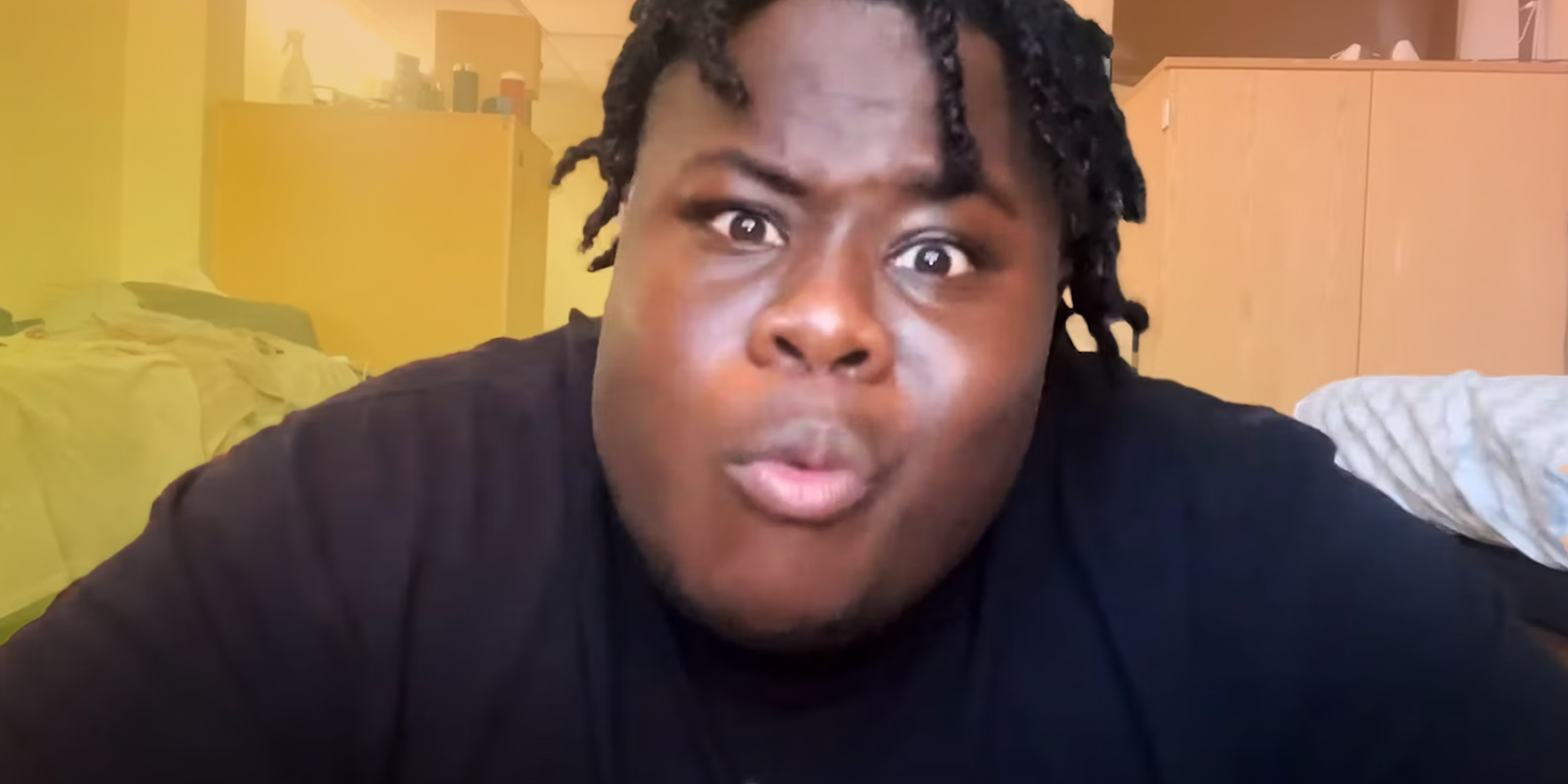In the dynamic world of social media, trends and memes can often take on a life of their own. One such phenomenon is the “Jamal did it” trend on TikTok, also known as “Jamal is innocent.” While seemingly innocuous at first glance, the Jamal meme trend sparked controversy and raised questions about its underlying implications.
Where did the Jamal Did It meme come from?
The “Jamal did it” meme initially emerged on TikTok on April 2nd, 2022, when TikTok user @rodolfo.lopez1034 posted a video using the song “You Gotta Move” by Mississippi Fred McDowell.
The TikToker enacted a scenario in which KFC chicken had been stolen and the suspects were different emojis. In the end, the culprit turned out to be an innocent baby emoji with a racially insensitive name. The video set the stage for a trend that would gain significant traction.
In September 2022, TikToker @gerborg posted a video captioned, “Last one suspicious…#Jamal,” which received over 17 million views. Transforming the baby emoji’s name to Jamal and using a picture of child actor Abraham Clickscales to represent the character, @gerborg laid the foundations for a new meme template that netizens could use to satirically portray racial stereotypes.
@gerborg Last one suspicious… #jamal #fy #fyp #humor #foryou #sus ♬ You Gotta Move – Mississippi Fred McDowell
Who is Jamal?
The face behind the meme, actor Abraham Clinkscales, is known for his roles in films like “Boo! A Madea Halloween.” Clinkscales is much older than he was in the photograph used in Jamal memes, and is now a football player at Albany State University.
@abedaactor SMILE😏 #jamal #jamaldidit #fyp #smileforthecamera #smirk ♬ original sound – pqnkman
The controversy around Jamal memes
The controversy surrounding Jamal memes concerns the meme’s racial undertones. The trend often presents Jamal, a young Black boy, as the culprit in various fictional crimes after listing a series of non-black characters as suspects. This has led to accusations of racism and the perpetuation of stereotypes with some TikTokers, like the now-defunct account @lesbiandis4ster, criticizing the trend for its racially insensitive nature.
@onesize_store What do you think who took him? #sneaker #trend #whodidit #jordans #jamal #jamaldidit #shaddowbanned ♬ You Gotta Move – Mississippi Fred McDowell
The “Jamal did it” meme raises questions about the use of racial stereotypes in digital content. While some may argue that the trend is satirical, its reliance on racial profiling and stereotypes, even in a humorous context, can be harmful. It inadvertently promotes a narrative where people of color are unfairly associated with criminal activity, reinforcing long-standing societal biases.
The Jamal death hoax
Adding to the trend’s complexity, a Jamal death hoax surfaced in October 2022, further entangling the meme in controversy and highlighting the often unpredictable nature of internet culture.
@logangamerfuze #onthisday #jamal #wasitjamal #jamaldidit #fyp #fup #fupofficial #fyp #watermelon #chicken #kfc ♬ You Gotta Move – Mississippi Fred McDowell
Reflection on social media responsibility
The “Jamal did it” trend underscores the need for greater responsibility and awareness of the kind of content shared on social media platforms. While memes and trends are an integral part of digital culture, it is crucial to consider the messages they propagate, especially when they touch on sensitive issues like race.
@jamalinnocent2 Jamal n’est pas net du tout ! #fyp #noir #fufu #banana #monkey #jamal ♬ original sound – Lolz • Friends
The “Jamal did it” trend on TikTok serves as a reminder of the thin line between funny and the offensive. While it has brought laughter to many, its controversial nature calls for online users to reflect on the content they consume and share. As digital citizens, it’s essential to be mindful of the underlying messages and potential stereotypes that popular trends can perpetuate, ensuring that our online interactions are respectful and considerate of all communities.
More TikTok trends:
- What is the ‘I Understand It Now’ meme on TikTok?
- Chip Shop Diva is TikTok’s current reigning queen
- The Blue Friendship Bracelet Movement on TikTok is making people feel hope, anger, and 2016 whiplash
- Disturbing ‘Time Travelers Interrupting’ memes are freaking TikTok out
The internet is chaotic—but we’ll break it down for you in one daily email. Sign up for the Daily Dot’s web_crawlr newsletter here to get the best (and worst) of the internet straight into your inbox.


